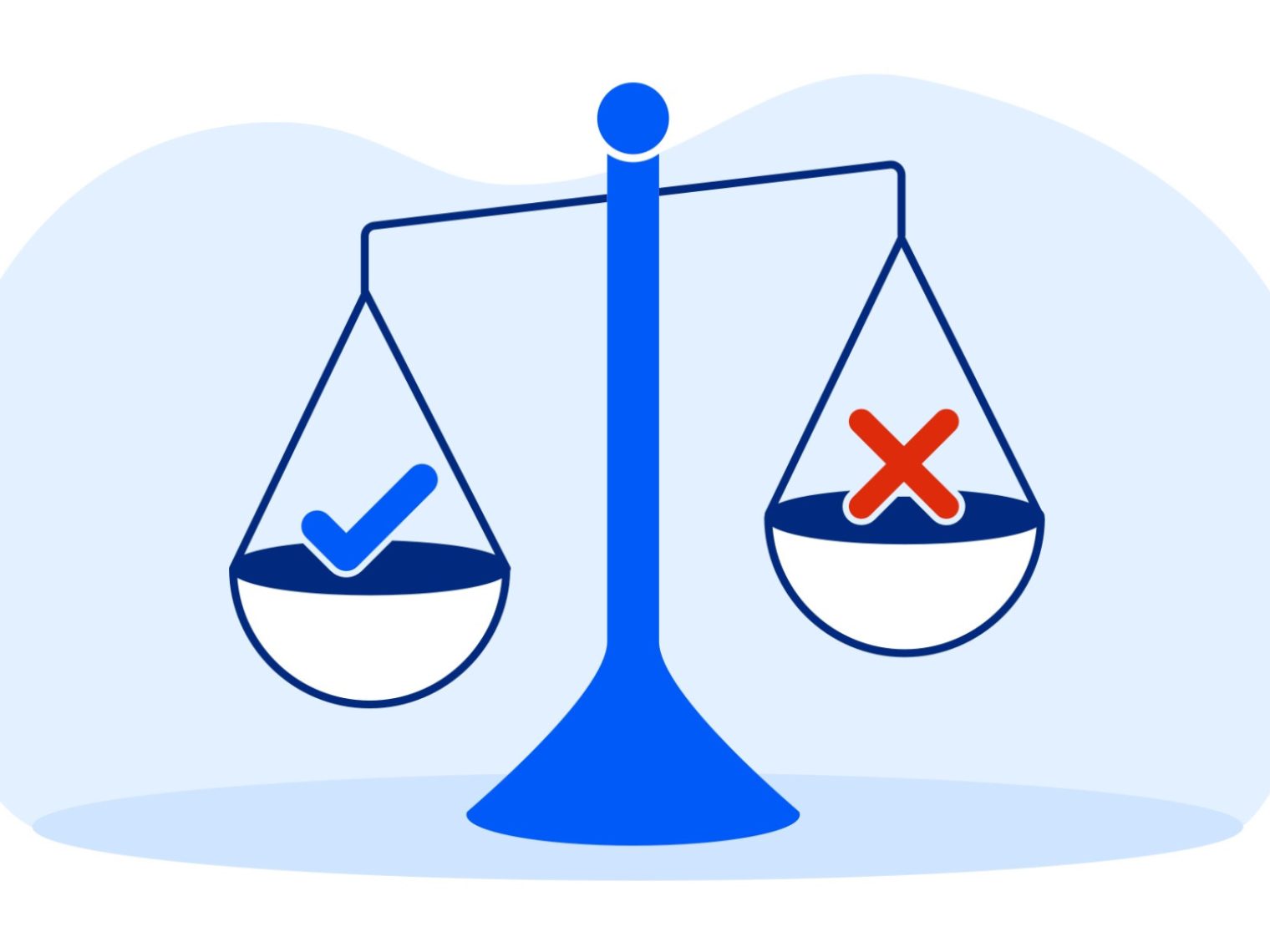Water testing-related issues can prove especially difficult for homebuyers. Learn about VA water test requirements and what to expect if your prospective home is not connected to a public water system.
Veterans and military members can use a VA loan to buy a property that relies on a private well or some other non-public water source.
Connection to a public water system is not required. But lenders will need to verify the water meets health and safety requirements before you can close on the loan.
This is done in part to ensure the property you want to purchase is safe, sound and sanitary – a key mission of the VA home loan program’s Minimum Property Requirements.
Let’s take a closer look.
VA Water Test Requirements
The VA doesn’t have a formal list of contaminants and requirements for private well water. Generally, well tests look for the presence of nitrates, nitrites, coliform and lead, but guidelines can vary based on where you’re buying.
What matters for the VA and lenders is that the well water meets local health requirements for safe drinking water. When there isn’t a local authority with set requirements, the water will need to meet either state guidelines or federal standards set by the Environmental Protection Agency.
How Long Are VA Water Tests Good For?
VA water tests are valid for 90 days from the certification date provided by an approved testing facility.
VA Well Test Requirements
Not every property has a connection to a public or community water and sewage disposal system.
Without a public connection, you're likely talking about having a well, either unique to the property or a shared well that serves multiple homes.
An independent VA appraiser will assess the Minimum Property Requirements as part of the appraisal process (the other part being the home's valuation). If you're looking at buying a property with a private or shared well, both the VA and lenders want to ensure the water is safe, which means getting it tested.
Community Water Supplies
For properties with community water supplies, testing documentation from the local health authority can suffice.
Private Well Requirements
For private wells, ideally, there’s a local health authority and one of their employees can handle the water quality test. If the water sample doesn’t come from inside the house, lenders may need to confirm with local authorities that an external water source is acceptable for testing.
If you’re not able to utilize a local health authority, then a commercial testing lab or another independent, third party can collect and deliver the water sample. The VA does not want the borrower or anyone else connected to the transaction to collect the sample or conduct the test.
Well water collection and testing is a cost VA buyers may need to cover upfront, but it’s possible to seek a reimbursement from the seller as part of your closing cost negotiations.
Requirements for Shared Wells and Cisterns
On a private well that’s shared among multiple property owners, VA lenders are typically going to have some additional requirements. Here’s a look at a few of the common ones:
- The well has to support each property with safe water at the same time
- A permanent easement that allows access for repairs to the well system must be in place
- There needs to be a formal well-sharing agreement among property owners
While it isn’t common, it’s possible that your dream home gets water from a cistern or a spring.
A cistern is basically a waterproof receptacle for rainwater. Either of these can be acceptable as long as they’re common to the area and a water test indicates they’re safe.
Lenders and the VA also want the veteran homebuyer to sign what’s essentially a hold harmless agreement acknowledging they’ll be using one of these water sources.
What if Well Water Is Unsafe?
Private water sources that fail to meet local or federal safety standards will need to be treated and ultimately pass another test in order for your loan to move forward.
At Veterans United, we won’t lend on a property unless the water source meets health and safety standards. Installing a water purification system to bring the water up to code doesn’t suffice.
Water-related issues can prove especially thorny for prospective homebuyers. Mortgage lenders and Loan Experts who don’t have a clear understanding of the requirements and how to handle them can wind up costing veterans the property they desire.
Related Posts
-
 VA Renovation Loans for Home ImprovementVA rehab and renovation loans are the VA's answer to an aging housing market in the United States. Here we dive into this unique loan type and the potential downsides accompanying them.
VA Renovation Loans for Home ImprovementVA rehab and renovation loans are the VA's answer to an aging housing market in the United States. Here we dive into this unique loan type and the potential downsides accompanying them. -
 Pros and Cons of VA LoansAs with any mortgage option, VA loans have pros and cons that you should be aware of before making a final decision. So let's take a closer look.
Pros and Cons of VA LoansAs with any mortgage option, VA loans have pros and cons that you should be aware of before making a final decision. So let's take a closer look.

